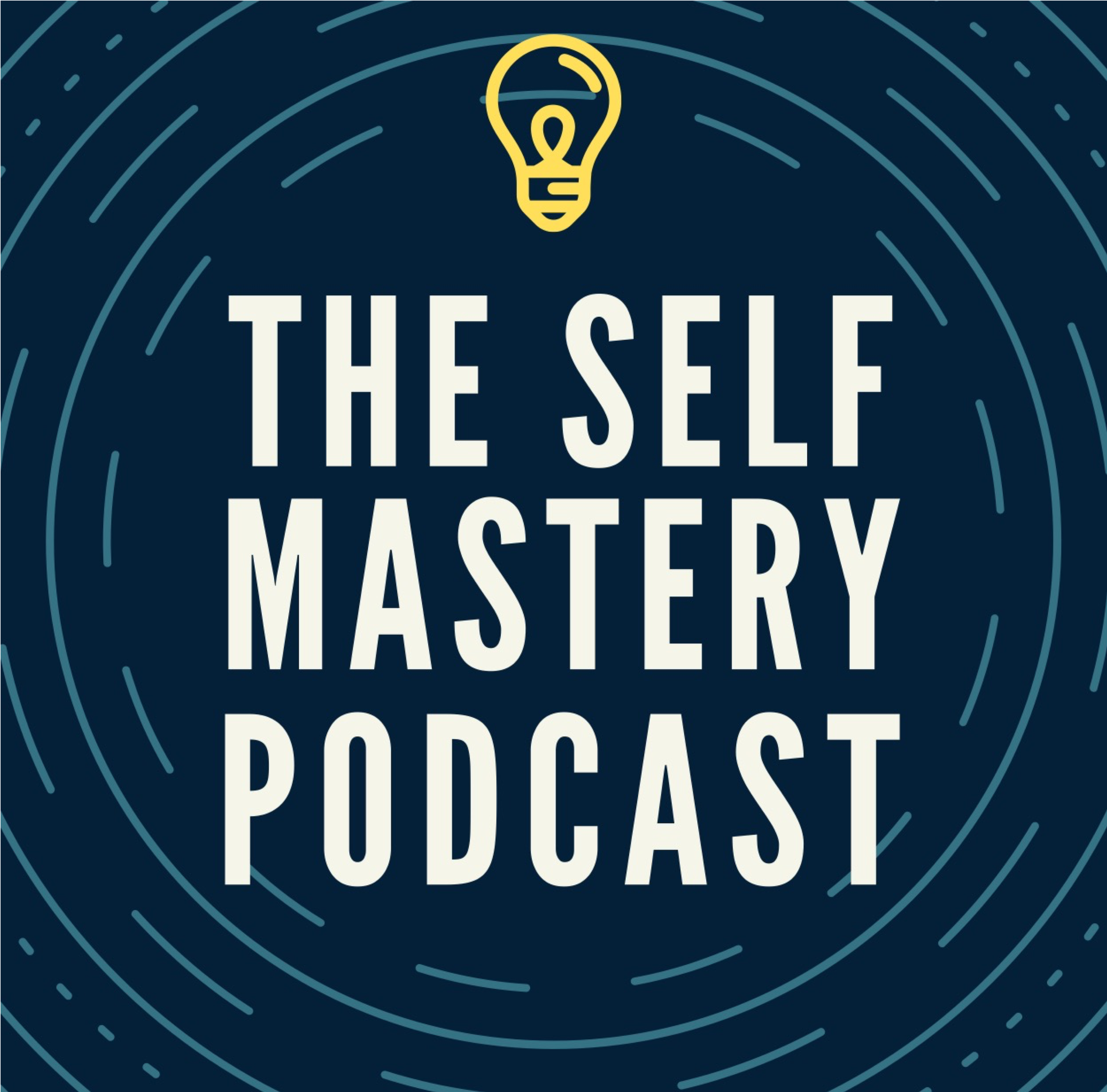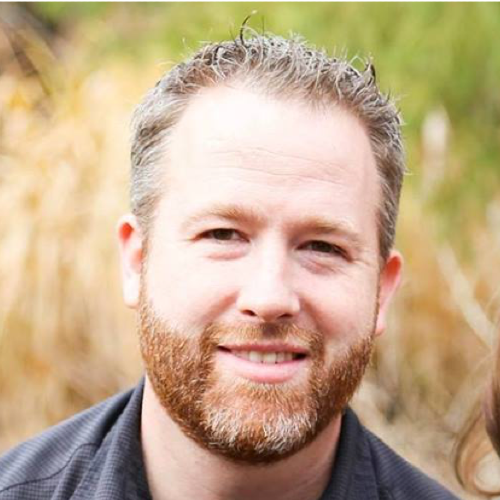What Quitting Porn and Dieting Have in Common
Welcome to Thrive Beyond Pornography. We are your hosts, Zach and Darcy Spafford.
Zach-Darcy has some big news to share with all our listeners today!
Darcy- Today was my first time giving a talk in Sacrament meeting! It went better than I expected. I based my talk on the book Believing Christ. I shared my raw experience with the ward about never feeling good enough and how learning about my Savior and striving to create a relationship with Him gives me the strength to keep going.
Zach- it was a great talk, and I was so proud of her for being brave and vulnerable.
Darcy- In this episode, we would like to discuss how quitting porn and diets are similar and how we approach the subjects that significantly impact our success.
Zach- We would like to start by recognizing differences in the moral value we place on food versus pornography. We are not arguing for the two items' moral equivalency.
Darcy- Our hope with this discussion today is to bring awareness for all parties involved around the similarities between dieting, losing weight, and quitting pornography.
Darcy- What comes to mind when you think about going on a diet with the end goal of losing weight?
Darcy - Often we think of meal plans, exercise regimes, willpower to stay away from certain favorite foods, good foods and bad foods, and many other short-term measures that will help us lose a certain amount of weight so we can fit into certain clothes or look a certain way.
Darcy - Now let’s shift from a diet to a lifestyle change in how we eat.
Zach - My dad was a great example of this. When I was a kid, he stopped eating meat.
It stopped being something he felt would help him achieve his values of feeling healthy and comfortable in his body. He has a condition called gout, and he decided that eating meat wasn’t worth the pain it caused or the medication he would have to take.
Often, when we approach the struggle to eliminate pornography from our lives, we are given targets, and sometimes we set targets designed to provide us with some distance from the last time we viewed pornography. We set up internet filters, plan our internet use, seek motivation, and other measures to put barriers up so we can make it a certain amount of time.
All of these ideas are good and may help improve our capacity to create some wins around our choices.
If something works for you, then keep doing it.
It’s also worth noting that for many, achieving a certain amount of success for a short period only to fall back into old patterns can be discouraging, especially if that creates a sense of hopelessness and failure.
Darcy - In that process, it is worth considering how the measures you choose to use to mitigate your pornography choices are more like a diet than a lifestyle change.
To help you do that, I’d like to offer you three ideas that often come up in our work around pornography.
First: Am I expecting immediate results?
Darcy - One of the first things you’ll see in a diet advertisement is something to the effect of “lose 10 pounds in the first two weeks”.
Often this is the same mentality that we seek to impose on our process of overcoming pornography from someone who has been using pornography to help manage their thoughts, feelings, and urges.
Sometimes, this is because our spouse wants that immediate shift which is understandable. We’ve talked about this in other videos. Just be clear that starting this process will likely have ups and downs, good days, and learning days.
A diet mentality is about making quick changes that may not be sustainable. A values-based approach to overcoming pornography and creating the relationships you want is rooted in realizing that you’ll likely need to take strides in the right direction without expecting everything to be perfect in a shortened timeline.
This is why our Thrive Beyond Pornography for couples has five pillars starting with just reframing the pornography struggle. We can’t change what we can’t see clearly or understand. And if we expect immediate results, there is a good chance we have not understood the problem.
Second: Am I making values-based changes or simply setting a goal?
Goals are essential to measuring and making progress in significant parts of our lives.
However, they are different and perform different functions. We discussed this in episodes 108 and 109 in depth. I’ll link to them in the show notes.
If the underlying value is to be healthy people; one component of how they try to do this is by eating a vegetarian diet. For the purpose of this discussion, I’d like to give the example of my cousin and his wife, who are eating a vegetarian diet for the month of November. Their goal is to abstain from all meat products for the month. Once that goal is achieved, they will likely return to eating meat at some level.
You can see how the goal is in the service of the value but is likely to be set aside at the end of the target period.
We often see overcoming pornography as a goal that needs to be accomplished as quickly as possible. Then, when a certain period has passed, our brain offers us ideas like, “You’ve done so much; you deserve a break.” and others that break our stride.
We all know someone who eats very healthily. People who eat healthy all the time, who choose to eat vegetables and fruits, lean meats, and low carbs are about living in line with their values and creating a lifestyle that is in line with their personal integrity. Similarly, Overcoming pornography forever means moving towards values that do not include pornography-viewing behaviors, like, healthy sexual expression, open discussion of thoughts, feelings and urges, and creating the freedom to play and explore with our spouse.
Third: Is my plan about willpower and motivation, or does it have skills, practice, and progress at its core?
This last one is a valuable way to look at what my plan looks like.
If you have not sat down and created a plan, layed out a process and set up a way to practice and progress, then you may be relying on willpower and motivation to kick in at the very moment you need it and then hope it’s there again the next time you need it and so on.
We know that willpower and motivation are finite resources created by our minds for external threats and problems. I’ve covered this in-depth in episode 38 (which I’ll link to in the show notes.
The good news is there are specific skills that, if you learn and practice regularly, you can rely on them to automatically kick in when you need them without needing to draw on willpower.
This is the process of creating a habit of reacting to your brain in ways that follow your values rather than what often happens to many who struggle with pornography. We follow a pattern of moving away from our values and choosing porn.
This is a process that we offer in our brand new Move Beyond Pornography portion of our program, with clear, actionable steps to learn and practice so that you create automatic reactions.
You have likely experienced periods where pornography was not problematic because your motivation and willpower were strong. I know that was the case for me. Not just in my struggle with pornography but in all kinds of difficulties. Then, once the motivation decreased and the willpower was all used up, you fell back into old operating methods.
But, just like brushing your teeth first thing in the morning, if you will build a skills-based habit of reacting to your brain when it offers you pornography, you are more likely to succeed because you don’t have to use a lot of energy to do what is right for you.
When it’s a habit, it gets done. When it requires decisions to be made and energy to be expended, it might get done for a while, and then it is likely to fade.
Just like a diet, if it takes willpower not to eat the chocolate cake, you might succeed. If it is your habit to never eat chocolate cake, then it is just how you do things.
Take a look at how you are dealing with your pornography habit and ask yourself: Am I expecting immediate results? Am I making values-based changes or simply setting a goal? Is my plan about willpower and motivation, or does it have skills, practice, and progress at its core?




